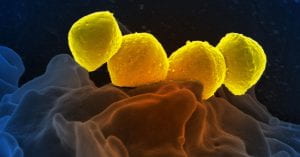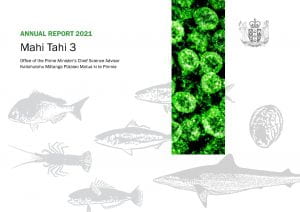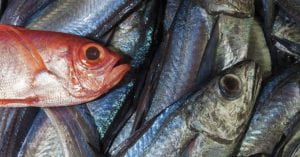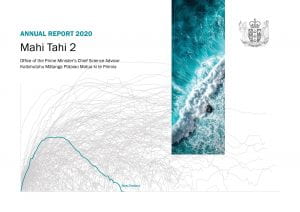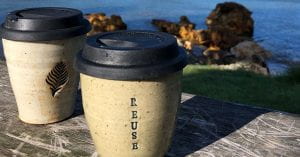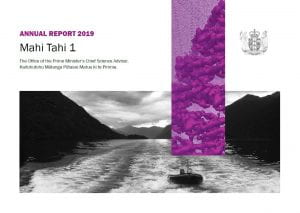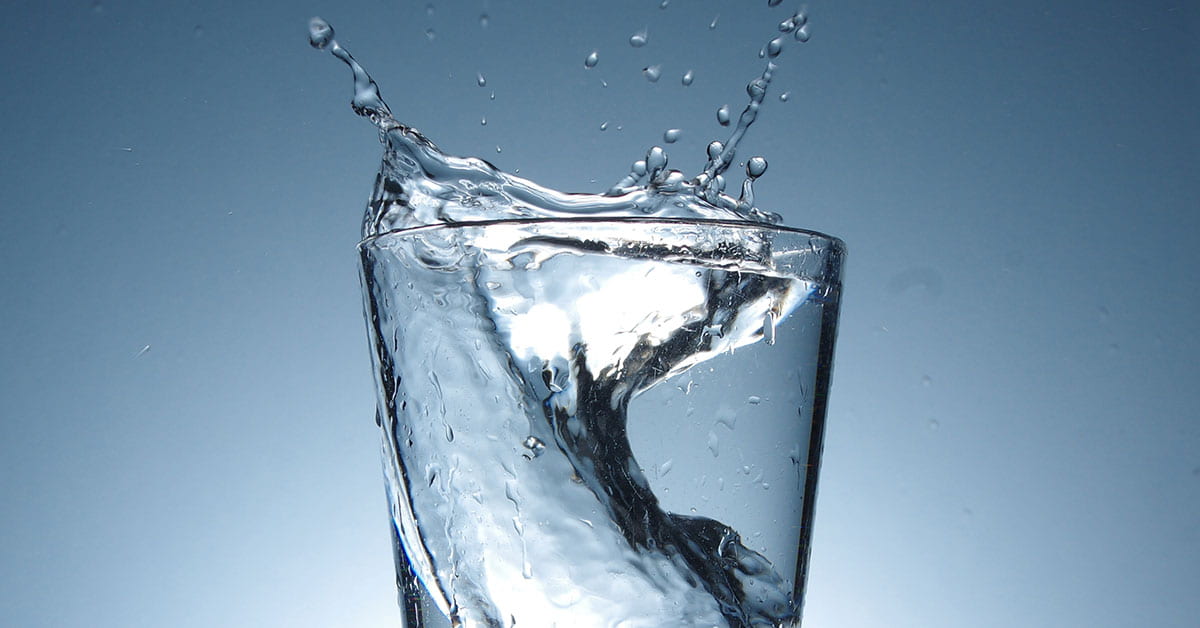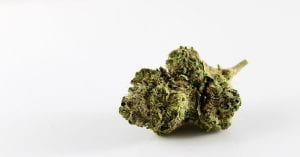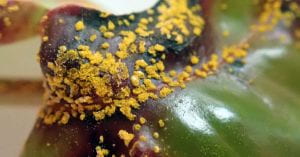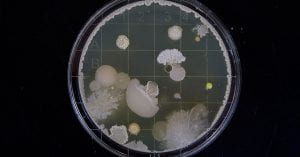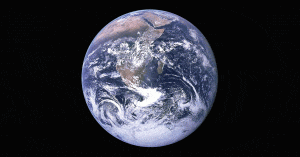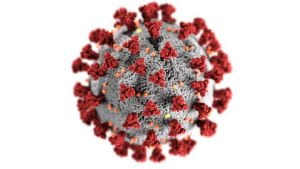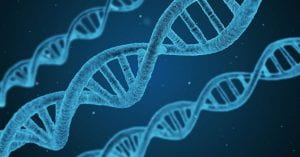Publications
Explore reports, public information sheets and briefings produced by the Office of the Prime Minister’s Chief Science Advisor. The publications are divided into three types: reports, public information sheets, and briefings. Publications are listed from newest to oldest within each section.
You can also browse by topic on our topics page
Our annual reports can be found below and together on the annual reports page
Publications produced by interns, fellows and seconded scholars affiliated with the Office can be found on our internships page
Publications from the former PMCSA can be accessed on our archives page
Reports
Food loss and waste in Aotearoa New Zealand: Towards a 50% reduction
27 June 2024
This report provides a comprehensive summary of the OPMCSA food loss and waste (FLW) series, structured using the food recovery hierarchy. Emphasis is placed on a systems perspective, highlighting two key opportunities: first, the need for a strategic action plan to reduce FLW; and second, the need to improve data collection and monitoring of food, including FLW, throughout its lifetime in the food system – to better inform strategic action. Additionally, this report compiles, updates, and adds to recommendations made throughout the series.
Preventing food loss and waste in Aotearoa New Zealand: Evidence from across the supply chain.
27 June 2024
This report focuses on the prevention of food loss and waste (FLW) at its source, emphasising the need for a systems view of the supply chain. As part of this view, the report highlights how relationships between stakeholders along the supply chain, their relative power, and the various economic incentives they face all impact FLW. In addition to advocating for system changes, sector-specific challenges in preventing FLW at each stage of the supply chain are identified and the evidence base for potential solutions is explored. Combining these perspectives, the report highlights that meaningful prevention of FLW likely requires the coordination of both specific and system-wide actions, supported by a data-rich evidence base.
Mahi Tahi 6: Annual report 2024
05 June 2024
Our last annual report, Mahi Tahi 6, is now available. We reflect on our last year, and the ponder the difference we have made over the last six years.
Beyond the bin: Capturing value from food loss and waste
16 February 2024
This report, the third in the series, outlines how we might capture value from food loss and waste (FLW) before it ends up in landfills. It covers upcycling, animal feed, material recovery, nutrient recovery, energy recovery, and disposal. The report explores technologies and approaches that facilitate value capture from FLW, but also highlights that a lack of knowledge on the composition of our FLW streams presents a challenge to systematically capturing value. The report concludes by acknowledging the tension between capturing value in the near team and avoiding FLW in the long term but seeks to resolve this tension through recommendations to the government that highlight that the problem is big enough for multiple solutions at different scales.

Capturing the benefits of AI in healthcare for Aotearoa New Zealand
15 December 2023
A report focused on the current and the potential future benefits of AI for healthcare in New Zealand. The report outlines those important considerations as we seek to capture these benefits.

He Uru Kahikatea: Building young people’s resilience through media and information literacy and digital citizenship skills
15 December 2023
A report focused on how we can equip young people with the skills and dispositions to navigate information online, particularly polluted information a catch all term for mis, dis and malinformation. The report focuses on how this can occur through a education system approach.

Mahi Tahi 5: Annual report 2023
09 August 2023
The annual report for 2023, highlighting the work the office has done in the past year. Highlights include the ongoing work on food waste, a report on gang harm and our current project on AI in healthcare. The work conducted in the intern and fellowship programme is highlighted alongside the international engagement that Juliet and the wider team did over the last year.

Toward an understanding of Aotearoa New Zealand’s adult gang environment
29 June 2023
Our office has undertaken a project to understand the context within which gangs exist in Aotearoa New Zealand. This report provides an evidence synthesis of the harms done by, to, and within gang communities. The work draws from both academic and grey literature. Importantly, we have also been guided by experts, stakeholders, and those with lived experiences who took time to share their time and wisdom with us. We gratefully acknowledge their mahi.

Food rescue in 2022: Where to from here?
20 October 2022
This report, the second in our 2022/23 food waste series, outlines the context in which food rescue occurs – an Aotearoa where surplus food and food insecurity coexist. It then details the current operation of the rescue sector and the environmental and social benefits that flow from the sector’s work. It highlights the importance of a strong culture of food safety, engaged donors, a policy context that incentivises donation, recognition of the central role of volunteers, and access to the resources needed to manage the ‘surprise chain’ of donated food.
Download the report (PDF, 7100 KB) Last edited 23 March 2023

Mahi Tahi 4: Annual report 2022
25 July 2022
After another busy year as Kaitohutohu Mātanga Pūtaiao Matua ki te Pirimia, Juliet looks back on the past year of science advice, evidence, communication and conversation.

Food waste: A global and local problem
8 July 2022
This report, the first in our 2022/23 food waste series, explains why food waste is a problem, across environmental, social, and economic dimensions. It explores the definition of food waste, outlines what is known about the scale of problem globally and in Aotearoa and defines the scope of the OPMCSA food waste project. It finishes by highlighting the diversity of stakeholders involved in combatting food waste and summarising existing governmental and intergovernmental efforts.

Antimicrobial resistance and infectious disease
3 March 2022
Our major project for 2021 was on infectious disease, with a particular focus on drug-resistant infections (also known as antimicrobial resistance, AMR). The project provides an evidence synthesis, contextualised for Aotearoa New Zealand, with recommendations to mitigate the risk of infectious disease and AMR.

Group A Streptococcus and acute rheumatic fever in Aotearoa New Zealand
19 November 2021
This review aims to summarise what we know about the processes that lead to group A Streptococcus (GAS) infection, acute rheumatic fever (RF) and rheumatic heart disease (RHD) in Aotearoa New Zealand. It has been produced by the OPMCSA, supported by an expert panel, and has been provided to the Ministry of Health to inform their rheumatic fever workstream.
Mahi Tahi 3 – Annual report 2021
19 July 2021
Beginning a second term as Kaitohutohu Mātanga Pūtaiao Matua ki te Pirimia, Juliet looks back on the past year of science advice, evidence, communication and conversation.
The future of commercial fishing in Aotearoa New Zealand
22 March 2021
This report aims to identify ways we can fill knowledge gaps, increase our understanding of the marine environment, and ultimately take a more holistic approach to fisheries management.
Explore the report content online
Download the full report ‘The future of commercial fishing in Aotearoa New Zealand’ (PDF, 31MB)
The literacy landscape in Aotearoa New Zealand
7 August 2020
Authored by Professor Stuart McNaughton, Chief Education Scientific Advisor, this report outlines possible actions across primary and secondary schooling to improve literacy.
Download ‘The literacy landscape in Aotearoa New Zealand’ (full report) (PDF, 926KB)
Mahi Tahi 2 – Annual report 2020
July 2020
From our first detailed report on plastics to rapid advice during the COVID-19 pandemic, see what Juliet and the team have been busy working on for the last year.
COVID-19 papers
Prepared under urgency
Can SARS-CoV-2 survive in refrigerated environments – and for how long? – 20 October 2020
A short document on the highly uncertain evidence base for the possibility of SASR-CoV-2 transmission via the cold supply chain. This document was updated on 20 October 2020 with new information.
Download ‘Can SARS-CoV-2 survive in refrigerated environments – and for how long?’ (PDF, 237KB)
Rapid review: The role of genomics – 21 September 2020
A commissioned rapid review on the role of COVID-19 genomics in contact tracing, cluster analysis and viral evolution. Produced under urgency by lead author Professor Michael Bunce, Chief Scientist at the Environmental Protection Authority (EPA) – Te Mana Rauhī Taiao.
Download the report ‘The role of COVID-19 genomics’ (PDF, 5MB)
COVID-19 vaccines – 7 September 2020
A summary of COVID-19 vaccine development efforts including the different approaches, potential challenges, and the current frontrunners.
Download the ‘COVID-19 vaccines’ report (updated 7 September) (PDF, 1MB)
Download the ‘COVID-19 vaccines’ report (updated 16 July) (PDF, 941KB)
Download the ‘COVID-19 vaccines’ report (21 May version) (PDF, 793KB)
Masks prevent the spread of COVID-19 – 13 August 2020
A short document on the evidence base for mask wearing to prevent the spread of COVID-19 plus explanation of the different types of masks.
Download ‘Masks prevent the spread of COVID-19’ (PDF, 202KB)
COVID-19 and vitamin D – 2 June 2020
Produced by Cherie Tollmache, one of our MacDiarmid interns, this report summarises the evidence for a link between vitamin D status and COVID-19 severity.
COVID-19 and seasonality – 18 May 2020
Produced by Stephen Lo, one of our MacDiarmid interns, this report examines the role of climate and weather in the transmission of the SARS-CoV-2 virus.
Is SARS-CoV-2 airborne? – 14 May 2020
This short summary describes research investigating whether an airborne transmission route is possible for SARS-CoV-2 and what role this might play in the progression of the pandemic.
Serology testing for COVID-19 antibodies – 29 April 2020
Focusing specifically on antibody testing, this review builds on the paper below led by Professor Michael Bunce, Chief Scientist at the Environmental Protection Authority (EPA) – Te Mana Rauhī Taiao.
Download the report ‘Serology testing for the presence of antibodies against COVID-19’ (PDF, 496KB)
Testing for COVID-19 – 30 March 2020
A commissioned review on COVID-19 testing methods, produced under urgency by lead author Professor Michael Bunce, Chief Scientist at the Environmental Protection Authority (EPA) – Te Mana Rauhī Taiao.






Brain, behaviour and justice
29 January 2020
What were they thinking? A discussion paper on brain and behaviour in relation to the justice system in New Zealand is the fourth in a series of reports.
Rethinking plastics
8 December 2019
Our first major report outlines a vision for rethinking plastics in Aotearoa New Zealand.
Explore our online content to help you rethink plastics
Download the full ‘Rethinking plastics’ report (PDF, 27MB)
Download the key messages (PDF, 8MB)
Download the ‘At a glance’ summary (PDF, 2MB)
Mahi Tahi 1 – Annual report 2019
July 2019
See what Juliet and the team got up to in the first year.
Family violence in New Zealand
November 2018
‘Every 4 Minutes: A discussion paper on preventing family violence in New Zealand’ is the third in a series of reports related to the criminal justice system.
Nitrates in drinking-water
July 2022
In recent years, the issue of nitrates in drinking water has received increasing attention. This resource summarises what we know, what we don’t know, and what we need to know about nitrates in drinking-water.
Read the evidence here (July 2022)
Fluoride
June 2021
Our office has examined new evidence on water fluoridation published since the Royal Society Te Apārangi report in 2014.
Read the evidence here (June 2021)
Legalising cannabis: What does the evidence say?
July 2020
To help people decide how they will vote in the upcoming referendum, we have summarised what we know about the possible impacts of legalising cannabis.
See the cannabis evidence summary
Download the ‘at a glance’ summary (PDF, 172KB)
Myrtle rust
January 2020
Myrtle Rust arrived in Aotearoa New Zealand in 2017 and is a threat to a number of native plant species. We’ve pulled together some accessible summary information on myrtle rust in the New Zealand context.
5G in Aotearoa New Zealand
29 November 2019
As 5G begins its roll out in Aotearoa New Zealand, lots of people are asking what exactly 5G is and what it will mean for our country, our health, and our way of living. There are many legitimate questions to ask around the safety of any new technology, and there is also a lot of misinformation around 5G. To address this, we have launched a webpage providing information on 5G.
Antimicrobial resistance
September 2018
Antimicrobial resistance (AMR) is an imminent threat to Aotearoa New Zealand.
Download the antimicrobial resistance information sheet (PDF, 467KB)
View the web version of the antimicrobial resistance info sheet
Briefings
Climate change
The international community of science advisors to government has come together to write a statement on science and innovation in climate action to present to world leaders ahead of COP26. Under the leadership of Sir Patrick Vallance, Chief Science Advisor to the host government, chief science advisors from around the world, including Juliet, have developed the attached statement laying out a clear vision of what is necessary for the world to meet the ambitions of the Paris Agreement.
Read the statement by international senior scientific advisors ahead of COP26 (PDF, 394KB)
COVID-19
Advisory information provided to the Prime Minister as part of the ongoing COVID-19 pandemic.
October 2021: The PM requested that Juliet and Ian Town convene an expert group to provide feedback on an earlier iteration of the traffic light system for COVID-19 protection once vaccination targets are reached. The final system is significantly strengthened compared to the consultation draft which was shared with the group. You can read the feedback provided under urgency here (PDF, 309KB)
Download the July – September 2021 advice bundle (PDF, 3MB)
Download the December 2020 – June 2021 advice bundle (PDF, 410KB)
Download the September/October/November advice bundle (PDF, 2MB)
Download the June/July/August 2020 advice bundle (PDF, 4MB)
Download the May 2020 advice bundle (PDF, 693KB)
At the frontline: Thoughts from Professor Ian Lambie
22 April 2020
A summary of Professor Ian Lambie’s conversations with the frontline in South Auckland during the COVID-19 pandemic. This snapshot document was put together under urgency and is not a formal evidence synthesis. Professor Ian Lambie is the Chief Science Advisor for the justice sector.
Gene editing
12 August 2019
The Royal Society Te Apārangi has released its comprehensive report on gene editing. Juliet provided a briefing to the Prime Minister on the report.
Read Juliet’s briefing to the PM on gene editing (PDF, 1020KB)
Christchurch shooting
31 May 2019
This briefing was provided to the PM by way of a summary of the Rapid Response Issue (RRI) of the New Zealand Psychology Journal dedicated to reflections on the immediate aftermath of the Christchurch shooting. The briefing was prepared at pace by Juliet Gerrard (PMCSA), Marc Wilson (Journal Editor), Ian Lambie (Chief Science Advisor for Justice) and Stuart McNaughton (Chief Science Advisor for Education).
Download the briefing (PDF, 376KB)
Read the full RRI issue of the New Zealand Psychology Journal
Science and the development of NZ standards
8 May 2019
The Minister of Commerce and Consumer Affairs asked the Prime Minister’s Chief Science Advisor to work jointly with the Ministry of Business, Innovation, and Employment (MBIE) on how science is currently treated in the New Zealand standards setting process, and how this can be improved.
Download the external review of standards setting (PDF, 1MB)
Last edited: 09 August 2023



